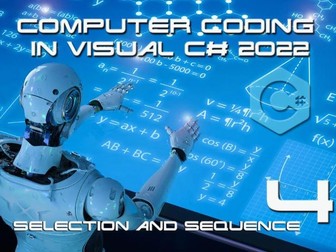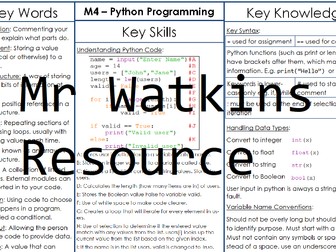
05 - Computer Science – Programming Paradigms
The fifth of the set takes the learner onto the intriguing topic of Programming Paradigms. Updated for Visual Studio 2022.
Paradigms covered include:
• Object Oriented Programming (OOP)
• Event Driven Programming (EDP)
• Procedural Programming
Completely invaluable series of resources for the BTEC National Computing and IT Courses, the Level 3 Cambridge Technical IT, A Level Computer Science as well as many others where Programming and Coding are a required skills set as well as a developed understanding of the concepts.
Programming is now one of the most sought-after skills sets, particularly OOP.
The presentation includes practical activities on each Paradigm and learner challenges to measure learning and distance travelled.
To support the learners and teachers, a learner activity sheet is included to capture learning outcomes from the lesson.
Multi-formats are included to enable customisation (PPT and Word) and avoiding loss of any content (PDF).
All resources in the set are project-based to introduce concepts and embed programming skills.
Great for both teachers and students alike.
There is a combined set of resources available on TES.
See what you think!
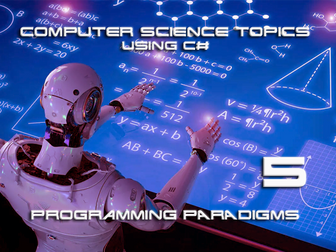
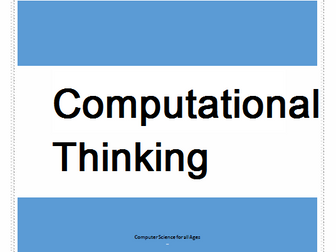

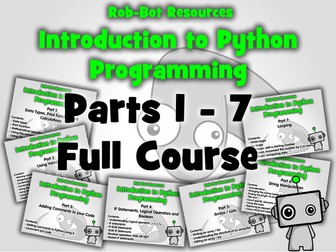


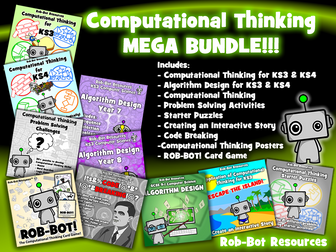
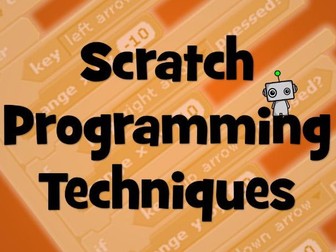
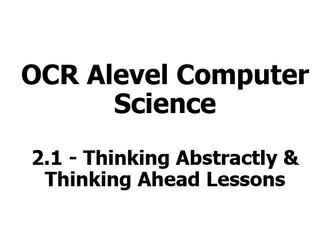


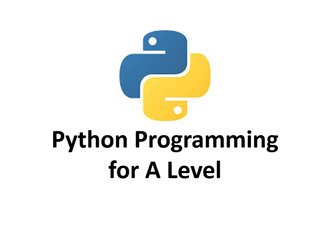


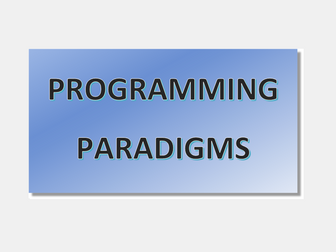

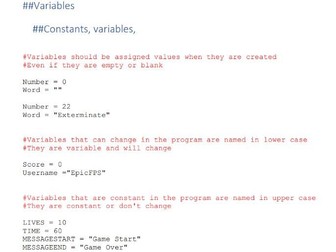

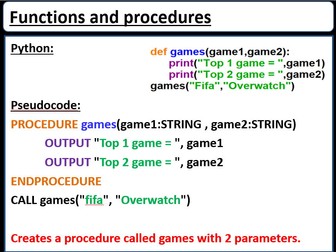

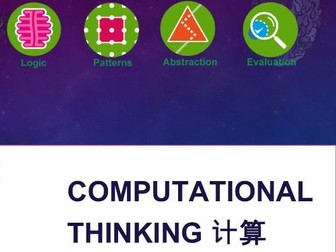

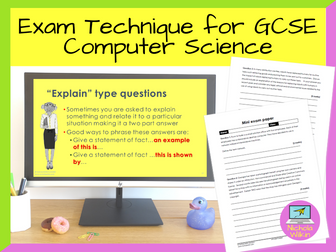

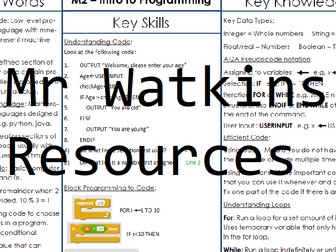

![[GCSE + IGCSE] Computer Science Programming (Visual Basic)](https://l.imgt.es/resource-preview-imgs/3d2cea0c-a21d-4859-a585-113a65801d5e%2FScreenShot20180525at103259AM.crop_516x387_8%2C0.preview.png?profile=res-img-med-legacy-v2)

